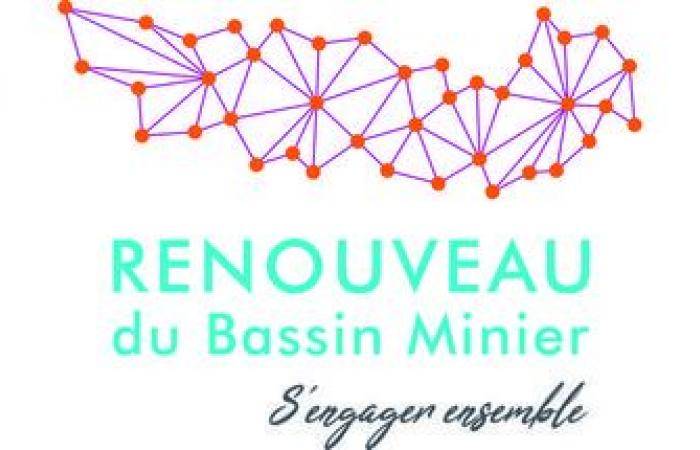The mining basin remains marked by an unemployment rate and a poverty rate higher than at the national level (unemployment rate of 10.4% in 2022 compared to 7.3% nationally, poverty rate of 20% in 2020 compared to 14.4% in France).
To encourage the return to employment of people who are very far from the world of work, several integration mechanisms have been created or strengthened within the framework of the ERBM:
- State funding for integration structures through economic activity (SIAE) has been increased by €4.5 million annually since 2017;
- Public contracts linked to the rehabilitation of mining housing and the urban renewal of mining towns massively mobilize integration clauses, under the leadership of the PLIELocal plan for integration and employment (local plans for integration and employment) and the departmental councils of Nord and Pas-de-Calais. Since 2018, the operation of this system has benefited from funding from the State and departmental councils in the fight against poverty.
- An experimental ERBM CIE (employment initiative contract) system was created in 2022, applicable to the recruitment of RSA beneficiaries.Active solidarity income without age limit by the private sector in the mining basin, all sectors combined and within the limit of 2000 contracts.
1/ The CIE ERBM system
Regarding the CIE ERBM system, 1,053 contracts were concluded in the North and 151 in Pas-de-Calais in 2022-2023. The Northern departmental council, which is at the origin of this experiment, was notably able to deploy this measure in favor of recruitment plans for major private investment projects, for example in electromobility.
2/ Insertion clauses
Regarding the integration clauses used in the construction marketsBuilding and public works renovation of mining towns, a quantitative and qualitative assessment was entrusted by DREETS to the SAULEA firm in 2023, in interaction with the ERBM Insertion working group bringing together the State and the 11 partner communities of the ERBM, as well as the PLIELocal plan for integration and employmentthe regional clause facilitator (Lille Avenir) and the lessors SIA and Maisons&Cités (detailed presentation in the appendix).
Between 2018 and the end of June 2024, operations carried out in mining towns benefiting from ERBM subsidies resulted in 1,024,650 hours of integration (373,539 hours for the North and 651,111 hours for Pas-de-Calais), distributed among 1,487 beneficiaries ( 480 for the North and 1007 for Pas-de-Calais). These people are predominantly men (96%), with an average age of 35 years, and with an below-baccalaureate qualification level. 41% of them are RSA beneficiariesActive solidarity income and 62% of long-term job seekers.
These integration contracts are mainly awarded via SIAEs (78%) rather than direct hiring in the companies carrying out the projects. 2/3 of the tasks entrusted relate to structural work (50%) and painting (17%). 6 SIAE in particular share 70% of the hours covered: 3ID, Récup'tri, Activ(cités, Janus, APSA and POINFOR.
The course of action could be analyzed for 429 beneficiaries of the clauses. The rate of dynamic exits (in employment on all types of contracts or training) amounts to 35%.
3/ Financing of SIAEs
Regarding the financing of the SIAE, the mining basin has benefited from both:
- the annual preservation of a volume of additional dedicated credits of €4.5 million since 2017, representing in 2024 a total of 36 M€ ;
- and, beyond this exceptional measure, the favorable context of a general increase in budgetary appropriations devoted by the State to IAE over the period (+ 63% between 2018 and 2024).






